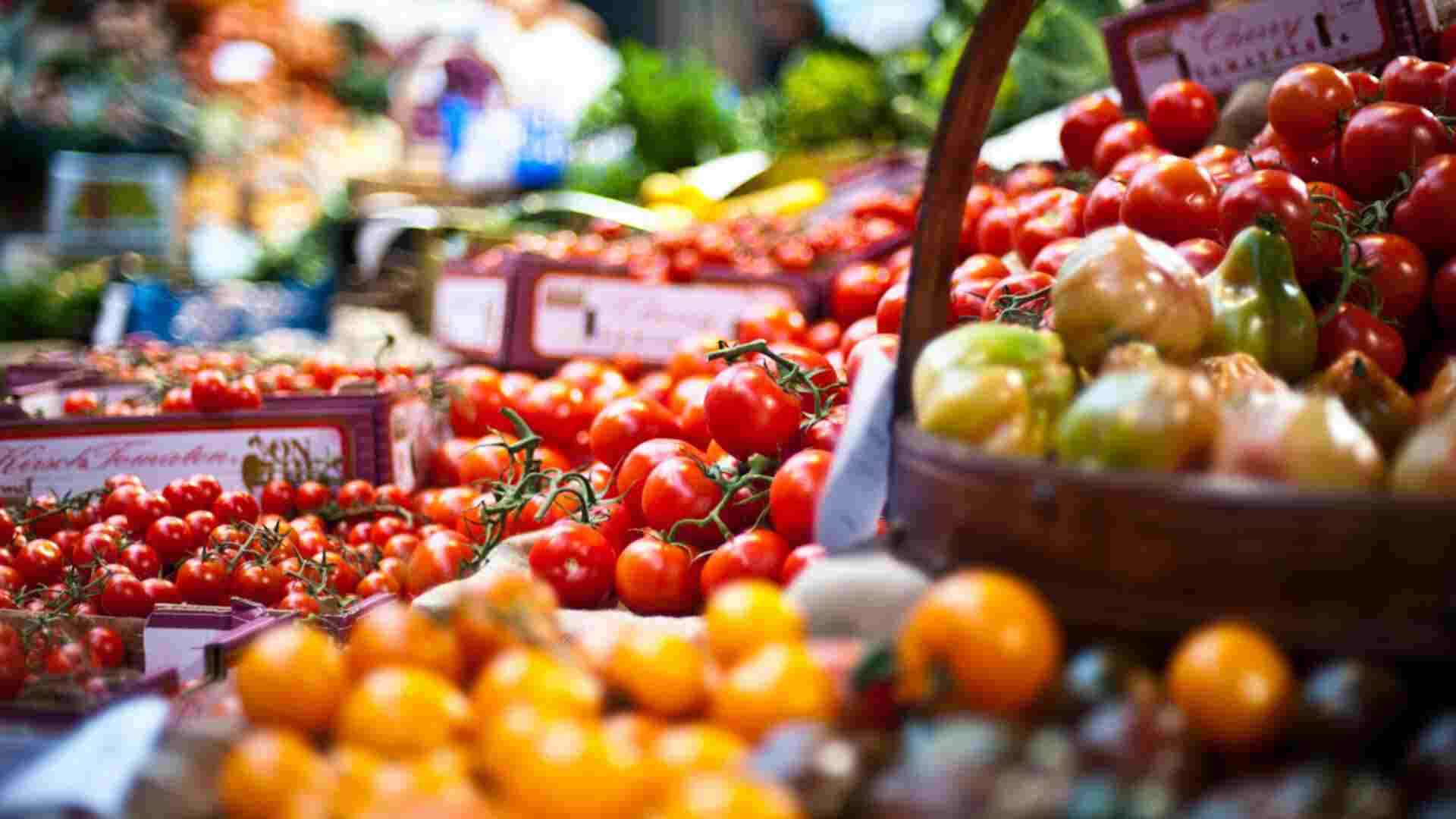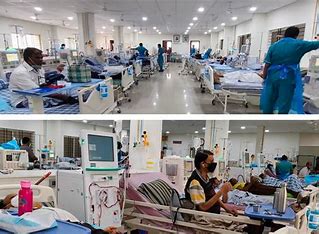
Retail inflation in India, or the Consumer Price Index (CPI), is projected to stay below or around 5.0 percent for the rest of the 2024-25 period, except for September, according to SBI Research. June saw an uptick in India’s retail inflation rate, departing from the gradual decrease observed in earlier months, primarily due to higher food prices.
In June 2024, the annual inflation rates based on the all-India Consumer Price Index (CPI) were 5.08 percent (provisional). Rural areas saw an inflation rate of 5.66 percent, while urban areas recorded 4.39 percent. Twelve states reported inflation rates higher than the national average of 5.1 percent in June, with Odisha having the highest rate at 7.22 percent, followed by Bihar at 6.37 percent and Karnataka at 5.98 percent.
“With the monsoon progressing satisfactorily and overall seasonal variations balancing out, we do not expect any significant deviation in the inflation outlook,” stated a SBI Research report authored by Soumya Kanti Ghosh, Group Chief Economic Adviser at the State Bank of India.
Additionally, the report noted that US inflation dropped by 0.1 percent from May, bringing the 12-month rate to 3 percent, its lowest level in over three years. This development suggests a possibility of a Federal Reserve rate cut by September.
“We, therefore, feel the RBI will revisit the policy stance around that time in line with our expectations,” the SBI Research report added.
Rising food prices remain a significant concern for Indian consumers, with the inflation rate in the food sector nearly doubling year-on-year in June. Food inflation surged to 8.36 percent last month, up from 4.63 percent in June 2023, as reported by government data released recently.
The increase in food prices encompassed various segments including cereals, meat, fish, eggs, dairy products, oils, fruits, vegetables, pulses, sugar, spices, prepared snacks, and sweets, showing a month-on-month rise.
Addressing these challenges, policymakers in India are aiming to stabilize retail inflation at 4 percent on a sustainable basis. In May, annual retail inflation had reached a 12-month low of 4.75 percent, slightly lower than April’s 4.83 percent. While retail inflation currently falls within the RBI’s comfort range of 2-6 percent, it remains above the ideal target of 4 percent.
India has largely managed to control its inflation trajectory effectively compared to many other countries, despite inflation concerns being prevalent among advanced economies. The recent slight increase in month-on-month retail inflation, excluding June, followed the RBI’s decision to maintain the repo rate unchanged for the eighth consecutive time.
However, the RBI has raised the repo rate by a cumulative 250 basis points since May 2022 to counter inflation. Increasing interest rates is a common monetary policy tool used to curb demand in the economy and thereby reduce inflation.
The repo rate, the interest rate at which the RBI lends to commercial banks, will be reviewed next during the early August monetary policy meeting. The persistence of rising food prices poses challenges to India’s ongoing efforts to achieve sustained disinflation and reach the 4 percent inflation target.















